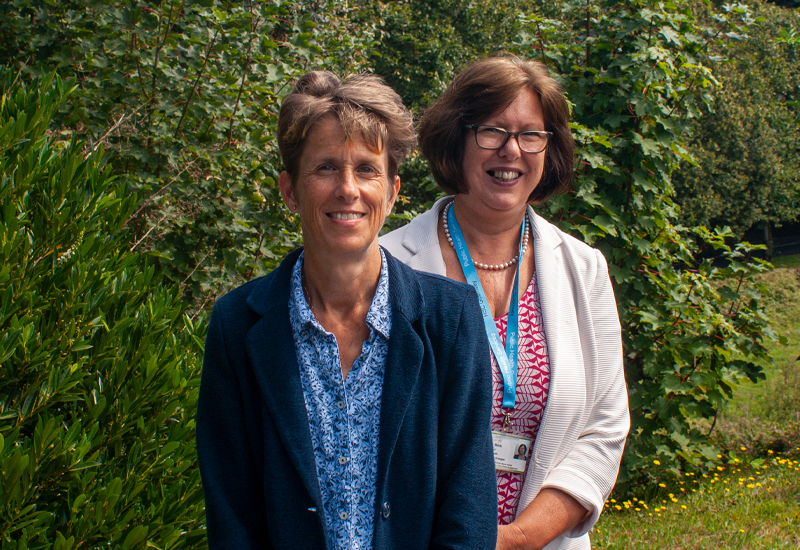

Healthcare professionals have joined together with other local agencies to test Guernsey's plans for a flu pandemic, which is expected to occur again over the next few decades.
Primary and secondary healthcare, community workers, the voluntary sector and politicians all took part in an exercise yesterday to plan the island's reaction, should a pandemic be announced.
Although the exercise highlighted a few minor operational changes that could make the response more efficient, Director of Public Health Dr Nicola Brink was pleased to see everyone working together to protect the public.
"With regard to a pandemic, it's not a picture of 'if' it occurs but 'when' it occurs," she explained. "If we look at the history, we had Spanish Flu in 1918, Asian Flu in the '50s, Hong Kong Flu in the '60s and Swine Flu in 2009. There's usually about 10 to 40 years between a pandemic. We needed to test our preparedness. We've got a pandemic plan which involves this multi-agency support, so it's not only what we're doing in health, it's what the whole island is doing."
Guernsey has a joint plan with Jersey, which is focused around detection, assessment, treatment, escalation and finally, recovery.

Pictured: Deputy Heidi Soulsby and Dr Nicola Brink.
"We've got a pre-pandemic vaccine agreement," Dr Brink continued. "When a pandemic occurs, it is an entirely new influenza virus, so the seasonal flu vaccine that you get every year will not work at all.
"In a pandemic it tends to occur in waves and in the first wave the World Health Organisation identifies the virus that is causing the pandemic and we aim to then give the vaccine for the second wave, which traditionally occurs between three and six months later. We’ve got a vaccine agreement which enables us to immediately get 35,000 doses and on top of that our agreement allows us to automatically order more stocks.
"We’ve also got a stock pile of anti-virals to treat the influenza virus. The thing with the influenza virus, because it replicates in the throat, you can then get secondary bacterial infections so we’ve also got a stock pile of antibiotics."
Over the course of the table-top exercise, a situation was simulated and had to be dealt with as it progressed.
"We need test our plans," said Strategic Lead for Operational Delivery and Support, Jason Moriarty. "We need to understand what works, what doesn’t work and where we can make improvement.
'It’s also about looking at the impacts a potential pandemic could have on the economy and the infrastructure. It’s not just about healthcare, there are also a number of different wider considerations. We had political representation because, if a situation elevated and the Civil Contingencies Authority needed to make high level emergency power decisions, it’s important for them to understand the exercise and what may, in the worst case scenario, be elevated for decisions. It was about testing the plans and getting everyone communicating and working together.
"I think it's essential. We need to assure and give the community and ourselves the assurance and the confidence that if there was a pandemic that we could act in real time and that we are prepared.
Comments
Comments on this story express the views of the commentator only, not Bailiwick Publishing. We are unable to guarantee the accuracy of any of those comments.